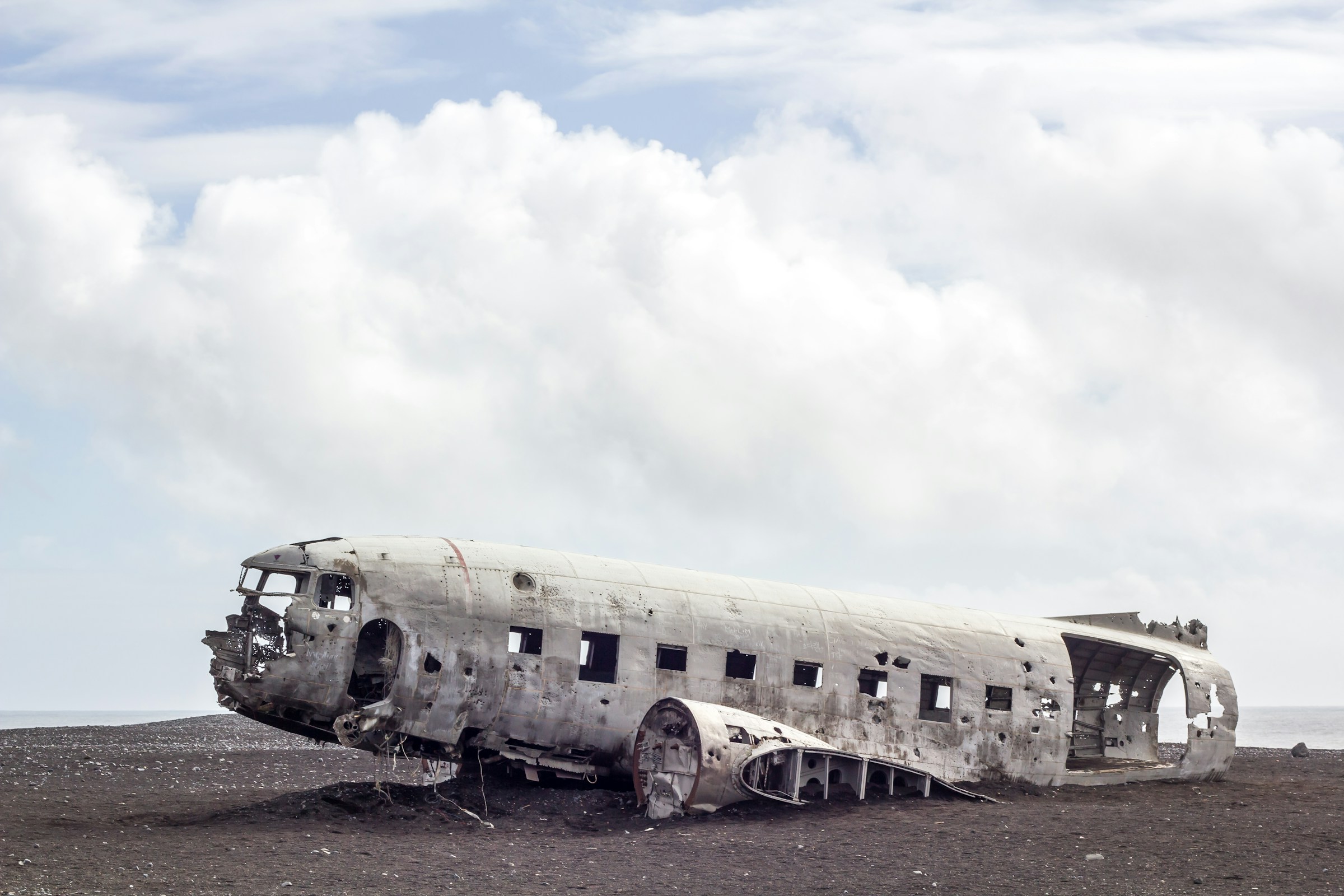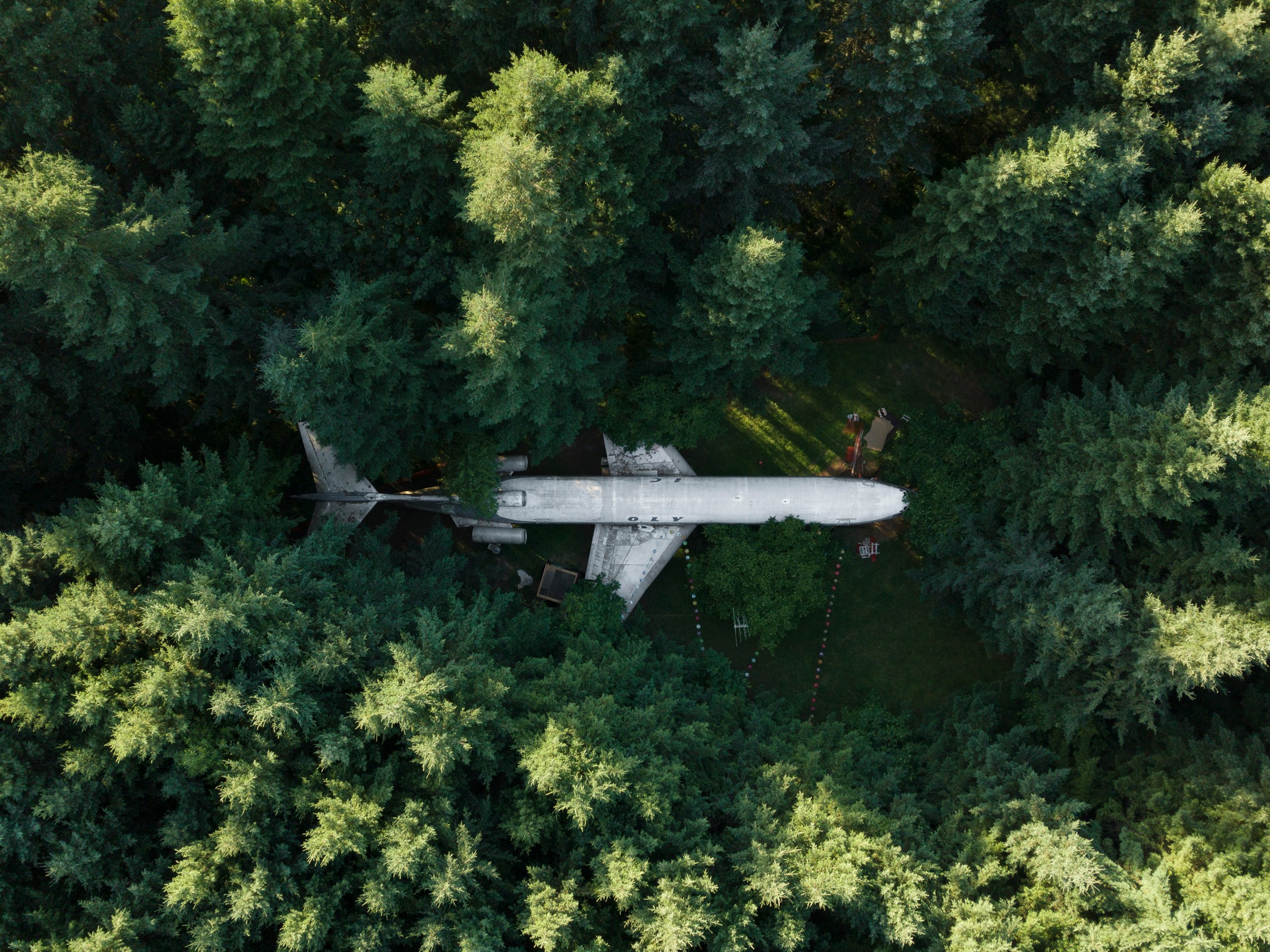Air travel is considered one of the safest modes of transportation and travel. This is because of the strict safety measures, advanced technology, and the tough training that the pilots and crew members go through.
However, while air accidents are rare compared to other modes of travel, when they happen, they can be quite serious. So what goes wrong? Let’s take a closer look at some of the reasons planes might crash.

Human errors mean mistakes made by people involved in the flying process, such as pilots, air traffic controllers, or maintenance crews. For example, if a pilot accidentally overlooks a crucial step in the flight plan or misjudges a situation, it could lead to problems.
Sometimes, errors can also happen in the control tower, where air traffic controllers are managing multiple flights at once. If they make a mistake in directing the plane or miscommunicate with the pilot, it can create confusion.
Even maintenance crews, who inspect and repair the aircraft, can make errors if they miss something important during their checks.
However, it is important to remember that human error is not just a random mistake. Airlines and aviation authorities put a lot of effort into training their staff to reduce these errors. Pilots undergo extensive training and simulations to handle various scenarios, air traffic controllers follow strict procedures, and maintenance crews are trained to ensure every detail is checked.
All these are important safety measures put in place to help catch and correct mistakes before they can lead to accidents.
Sometimes, planes crash because of mechanical failures. This means that something in the plane’s machinery or equipment stops working the way it should. Even though planes are built with many safety features to protect passengers, parts can still break or stop functioning correctly.
However, note that planes go through regular maintenance checks and inspections to make sure everything is working properly. During these checks, technicians look over every part of the plane to find and fix any potential problems before they become serious.
This way, even if a part does fail, it is less likely to cause a crash. Thanks to these regular inspections and the high safety standards, mechanical failures are very rare and don’t happen often.
Weather can have a significant impact on flying. Bad weather, such as storms, heavy rain, or strong winds, can make it much harder for pilots to navigate safely. For example, strong winds can make it difficult for the plane to stay on course, while heavy rain can reduce visibility.
While pilots are trained to handle challenging weather conditions and are skilled at managing different scenarios to keep passengers safe, sometimes the weather can be so severe that it makes flying extremely difficult.
In these cases, the conditions might be too much for even experienced pilots to manage, which can lead to accidents. Despite this, airlines and pilots always do their best to avoid flying in dangerous weather and to ensure a safe flight.

Bird strikes happen when birds hit planes and can sometimes cause crashes. When a bird collides with a plane, it can damage important parts like the engines or other key equipment. This impact can be strong enough to cause issues.
Airports and airlines take various steps to prevent bird strikes. They use different methods to keep birds away from runways and flight paths, such as using special sounds or devices. While they are relatively rare, bird strikes can still occur and are taken seriously to ensure the safety of everyone on board.
If you want the latest information on the best Hotel Executive Club Lounges, Hotel Kids Clubs and other travel information, be sure to sign up for our free newsletter full of tips and great travel ideas.